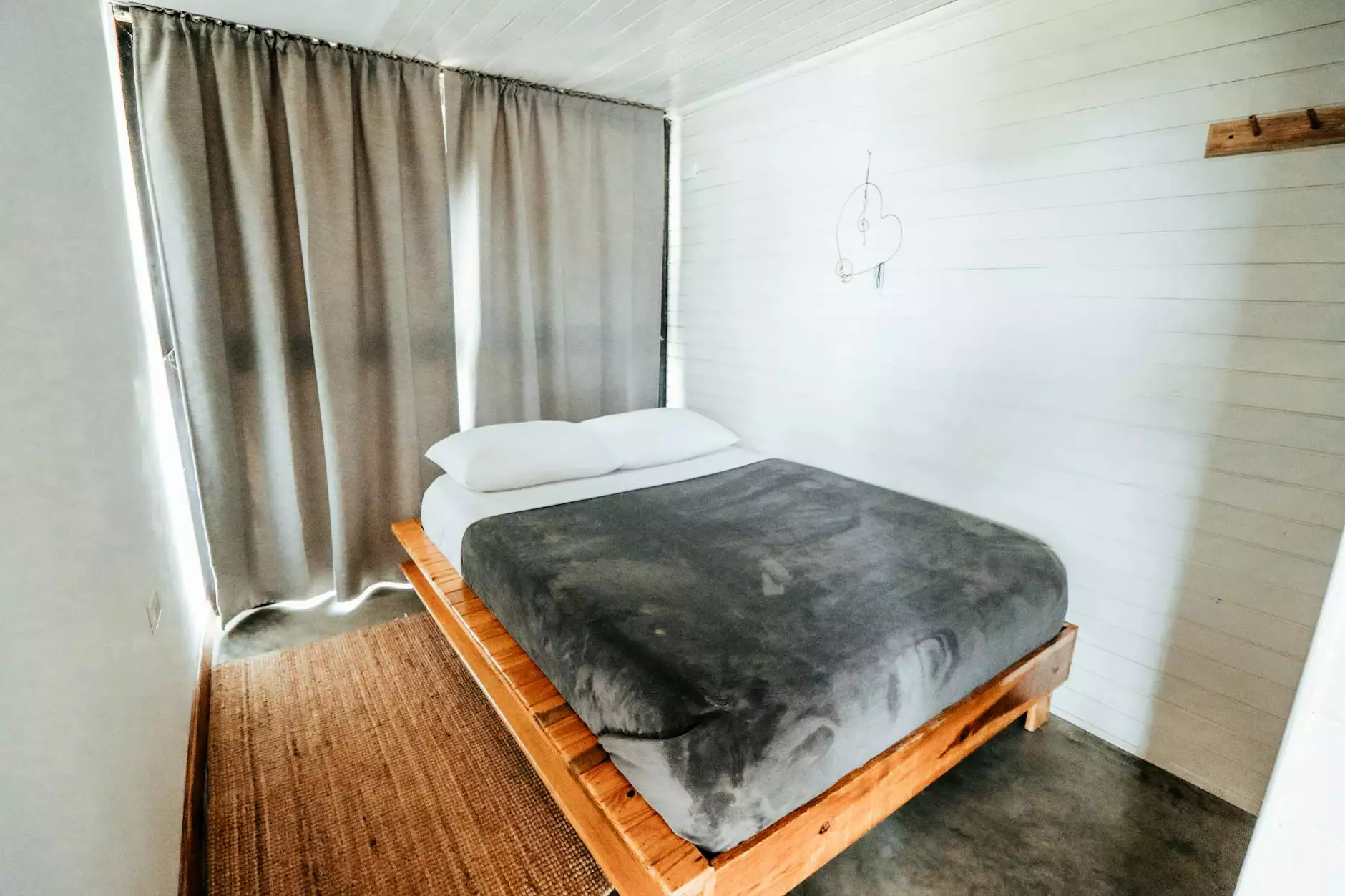We Bicycles: Revolutionizing the Cycling Business

We Bicycles is not just a phrase; it encapsulates a growing trend in the cycling industry that merges community engagement with innovative business strategies. In today's fast-paced world, where sustainability meets necessity, the rise of bicycles has paved the way for transformative approaches in shopping, home & garden, and furniture stores. This article will delve deep into why the concept of "We Bicycles" is becoming synonymous with progressive business practices and how it can be a harbinger of change for shopping experiences, especially in niche markets.
The Social Movement Behind We Bicycles
Understanding the essence of We Bicycles begins with realizing that it is not merely about selling bicycles; it embodies a social consciousness that promotes eco-friendly alternatives to traditional transportation methods. As global warming and environmental degradation continue to escalate, bicycles emerge as a prime solution, representing a sustainable lifestyle choice.
- Community Engagement: Bicycling fosters a sense of community. Local cycling groups, charity rides, and events create networks that enrich local economies and cultivate relationships.
- Health Benefits: Cycling promotes health and wellness, making it a popular choice for individuals seeking to improve their fitness levels while reducing their carbon footprint.
- Sustainability: Bicycles produce zero emissions and require significantly fewer resources to manufacture and maintain than cars, making them an environmentally friendly option.
Shopping Experience Reimagined with We Bicycles
The shopping landscape is evolving, and We Bicycles is at the forefront. Local businesses and online marketplaces are tapping into the growing cycling culture. Here’s how they are revolutionizing the shopping experience:
1. Integrated Online and Offline Sales Channels
Modern consumers want a seamless shopping experience. We Bicycles emphasizes an omnichannel presence, which allows customers to browse online before visiting brick-and-mortar stores. This integration means that shoppers can:
- Check inventory online.
- Compare prices effortlessly.
- Receive personalized recommendations based on previous purchases.
2. Community-focused Marketing
By aligning CRM strategies with local culture, businesses can foster loyalty and generate word-of-mouth referrals. Marketing campaigns geared towards the local cycling community, such as:
- Local cycling events sponsorships.
- Collaborations with local health initiatives.
- Social media campaigns highlighting local cycling routes.
This type of community engagement drives brand loyalty, making We Bicycles more than just a transaction—it's about building relationships.
3. Specialized Product Offerings
To cater to the diverse needs of cyclists, businesses focusing on "We Bicycles" are creating specialized product lines. They include:
- Custom Bicycles: Offering customization options for buyers to express their individuality.
- Accessories: Helmets, lights, and bags that enhance safety and convenience.
- Maintenance Services: Workshops for customers to learn about bike maintenance, creating an informed community.
The Home & Garden Connection: We Bicycles
The relationship between bicycles and the home & garden market is evolving. The concept of We Bicycles integrates lifestyle choices into living spaces. Here's how:
1. Functional Garden Design
Bicycles are being used innovatively in garden designs, serving as functional decor:
- Bike racks integrated into garden layouts.
- Repurposed bicycles as planters or garden art.
These trends not only beautify homes but also promote recycling and sustainability.
2. Promoting Active Lifestyles
With the increase in urban gardening and outdoor activities, bicycles become a medium through which families engage with their gardens while enjoying physical activities. Home & garden stores are encouraged to showcase:
- Gardening bicycles, specially designed for transporting tools.
- Workshops that promote health through gardening and cycling.
3. Community Collaboration
By collaborating with local gardening clubs and health programs, businesses can position themselves as leaders in promoting sustainable living. This avenue not only supports the community but also builds stronger ties with consumers.
The Furniture Store Transition: We Bicycles
Furniture stores are also witnessing the evolution of the We Bicycles trend. Here are several innovative ways they are adapting:
1. Multi-functional Furniture for Cyclists
As the cycling community grows, so does the demand for specialized furniture that accommodates the needs of cyclists. This includes:
- Bicycle storage solutions: Elegant racks and stands that enhance home aesthetics.
- Workspace for repairs: Creating designated areas in homes for bicycle maintenance, combining function and style.
2. Collaborations with Local Artists
Furniture stores are increasingly partnering with local artists to create custom pieces that celebrate cycling culture, capturing the spirit of We Bicycles. These collaborations enhance brand visibility while supporting local craftsmanship.
3. Hosting Community Events
Furniture stores can become community hubs by hosting bicycle-themed events, such as:
- Bicycle renovation contests.
- Open houses that showcase bicycle-friendly living spaces.
This approach provides an interactive experience for customers and cements the store’s commitment to the cycling community.
The Future of We Bicycles in Business
The We Bicycles phenomenon isn't just a passing trend; it represents a fundamental shift in how businesses engage with their customers and communities. As environmental concerns grow and urban populations swell, bicycles will play an increasingly critical role in sustainable transportation and lifestyle choices.
Here are several factors that indicate a bright future for the We Bicycles movement:
- Technological Advancements: The rise of electric bicycles and smart cycling technology will continue to attract new riders, expanding the market significantly.
- Policy Changes: Cities worldwide are investing in cycling infrastructure, promoting safety, and encouraging bicycle use.
- Increased Awareness: Growing public consciousness surrounding health and environmental issues will further elevate the appeal of cycling.
Conclusion
In conclusion, the We Bicycles movement represents much more than just a trend in cycling; it symbolizes a vibrant ecosystem that supports sustainability, community engagement, and innovative business practices. From the shopping experience to home & garden and furniture design, the integration of bicycles into various markets promises to reshape the business landscape.
By effectively leveraging the cultural significance of cycling and the principles of sustainability, businesses can not only thrive economically but also contribute positively to their communities and the environment. The call to action for businesses is clear: embrace the We Bicycles ethos and become part of the sustainable future we all strive for.



